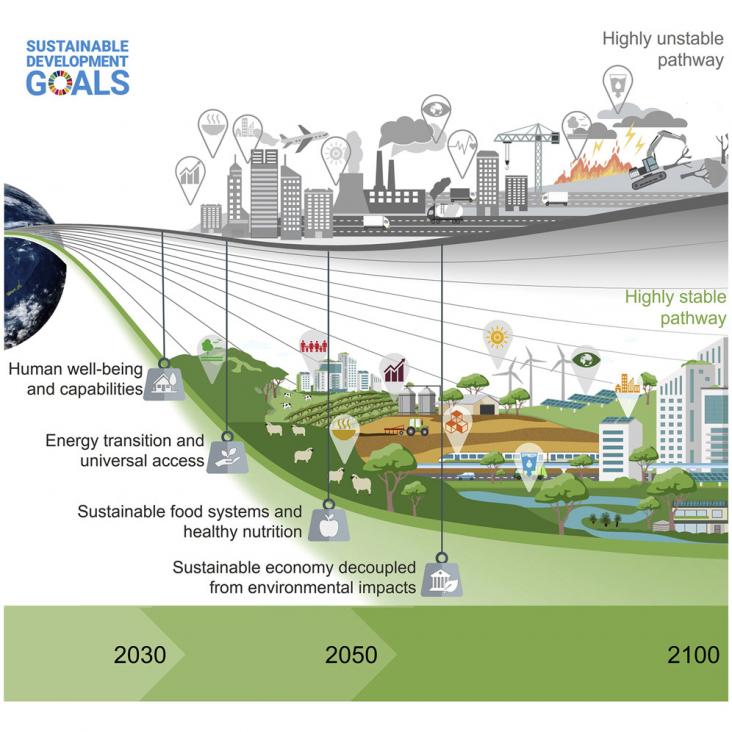An Article in support of SDGs 3 and 13, projecting the possible future mortality burden due to hot nights, rather than quanitfying the effects of average daily temperatures
Elsevier,
Alternative Fuels and Advanced Vehicle Technologies for Improved Environmental Performance, Second Edition, 2022, pp 681-710
This chapter advances the UN SDG goals 7, 11, and 12 by analysing the current status of fuel cell electric vehicles as one of the viable solutions to address the implementation of FCEVs from an electrochemical and market point of view.
Elsevier,
Alternative Fuels and Advanced Vehicle Technologies for Improved Environmental Performance, Second Edition, 2022, pp 571-611
This chapter advances the UN SDG goals 7, 11, and 12 by discussing battery design and function for electric vehicles, focusing on CO2 reduction.
This chapter advances the UN SDG goals 7, 11, and 12 by reviewing the main renewable fuel production pathways and potential energy carriers for ships, and evaluating their sustainability.
Partner content
World Bank
These dashboards present data from the World Development Indicators (WDI) that help to monitor the Sustainable Development Goals (SDGs).
A Viewpoint on the interplay between social, climate, and health challenges in Latin America and the Caribbean, in the context of SDGs 3, 10, and 13, highlighting the need to address these challenges with adaption and mitigation policies that prioritise people's health and wellbeing.
A Viewpoint in support of SDGs 3, 13, and 17, proposing a range of strategies for developing a 'public health playbook', to counter the 'corporate playbook' used by powerful commercial actors to protect their business interests at the expense of population health and wellbeing, including numerous health-harming and planet-harming industries, such as tobacco, alcohol, gambling, pharmaceuticals, ultraprocessed foods and beverages, firearms and weapons, automobiles, social media and technology, oil and gas, and chemicals.
Climate vulnerability modelling of Welsh (UK) housing stock. Propensity for summertime overheating and moisture build up in a majority of Welsh housing. Cooling and ventilation strategies will be required to mitigate future discomfort, whilst ensuring occupant health and wellbeing.
Concerns over the impact of global meat production and consumption patterns are leading to increasing interest in alternative sources of protein.

Indicate the importance of adopting longer-term timeframes and pathways to ensure that the necessary pre-conditions are in place for sustainability (including climate action) beyond the current 2030 Agenda.
